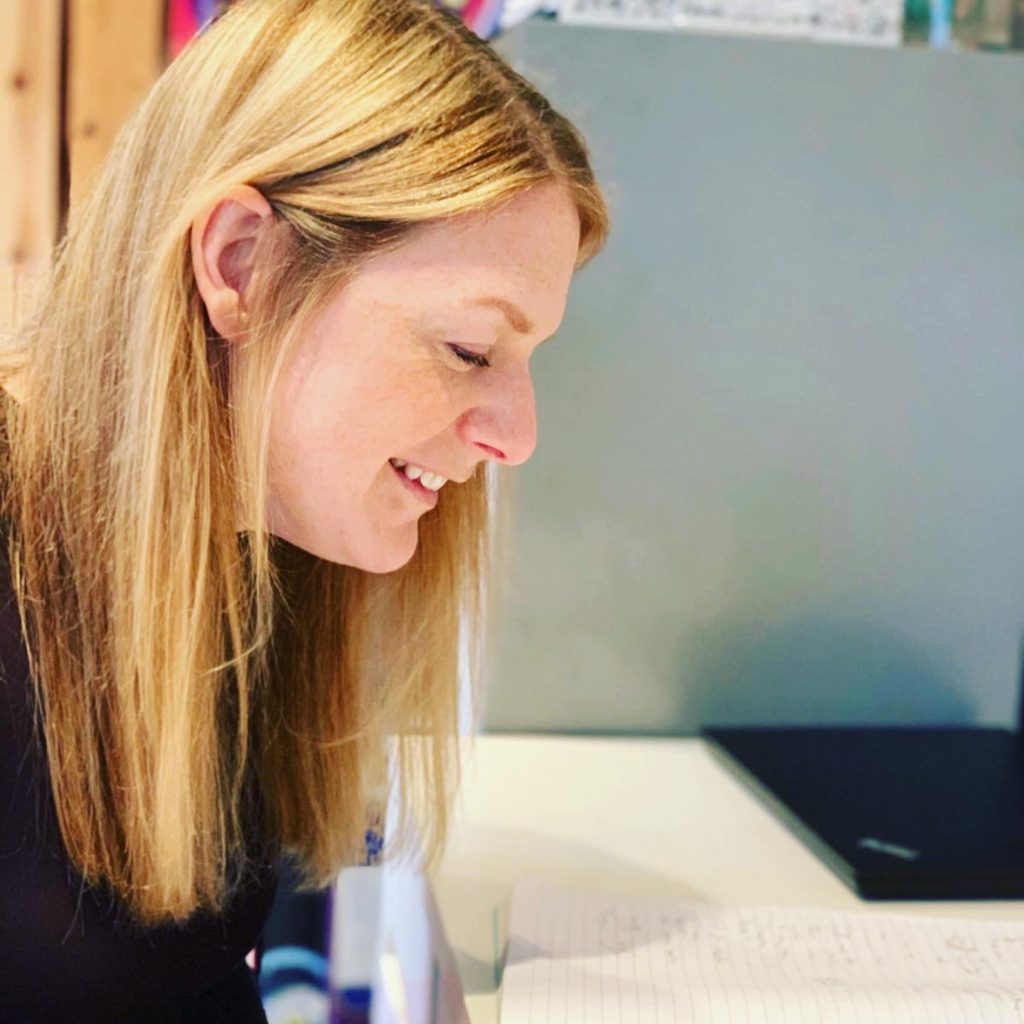
A few weeks ago, I was informed that I was going to receive a phone call from the Duke of Cambridge.
This will definitely be etched in my mind as one of the most amazing and profound moments I’ve ever had.
I sat watching and waiting for the phone to ring at 10.15am on Thursday 4th February.
My general approach to any important meeting now is to just ‘be myself’. At times in my life, I’ve been crippled with anxiety and fear about talking with anyone. I have learned that questioning and over analysing myself has not often led to a positive outcome for them or me. Today was no different. Even though I was speaking to someone incredibly important, I had confidence that I could speak openly and honestly.
I felt like our conversation flowed with ease. He wanted to hear all about how support staff working alongside people with eating disorders have been impacted by the pandemic. He wanted to understand how the pandemic had changes roles and approaches to supporting young people and wanted to hear about the challenges we’d experienced.
We looked at some of the positive things that have emerged through the pandemic such as moving appointments, therapy and training online. I explained how this had broken down barriers in families having to travel miles for appointments for specialist treatment.
I talked about how I had three children at home and how having them at home had often caused my mind to be elsewhere and I’d found it harder to concentrate.
What struck me during this conversation was the Duke’s empathy, compassion and concern for me as a recovered person working in mental health. He asked me several times if I was ok, whether I had stayed well, how I de-stress and who is within my support network. I felt like I was talking to someone who really valued the work I do and also valued me as a person.
The Duke of Cambridge ended the call by thanking me for my efforts over the past year. It was so humbling to receive his thanks. Whilst I was honoured to receive this message personally, I do feel I want to share his thanks with all the teams I interact with across my different areas of work. The amazing and often unnoticed sacrifices that people have made to support those who suffer with eating disorders has been astounding. We have all felt like we’ve had hard times over this past year, no one has been immune to that. I have huge respect of all of those who have continued to support others when they themselves have felt anxious, scared or fearful about the future.



